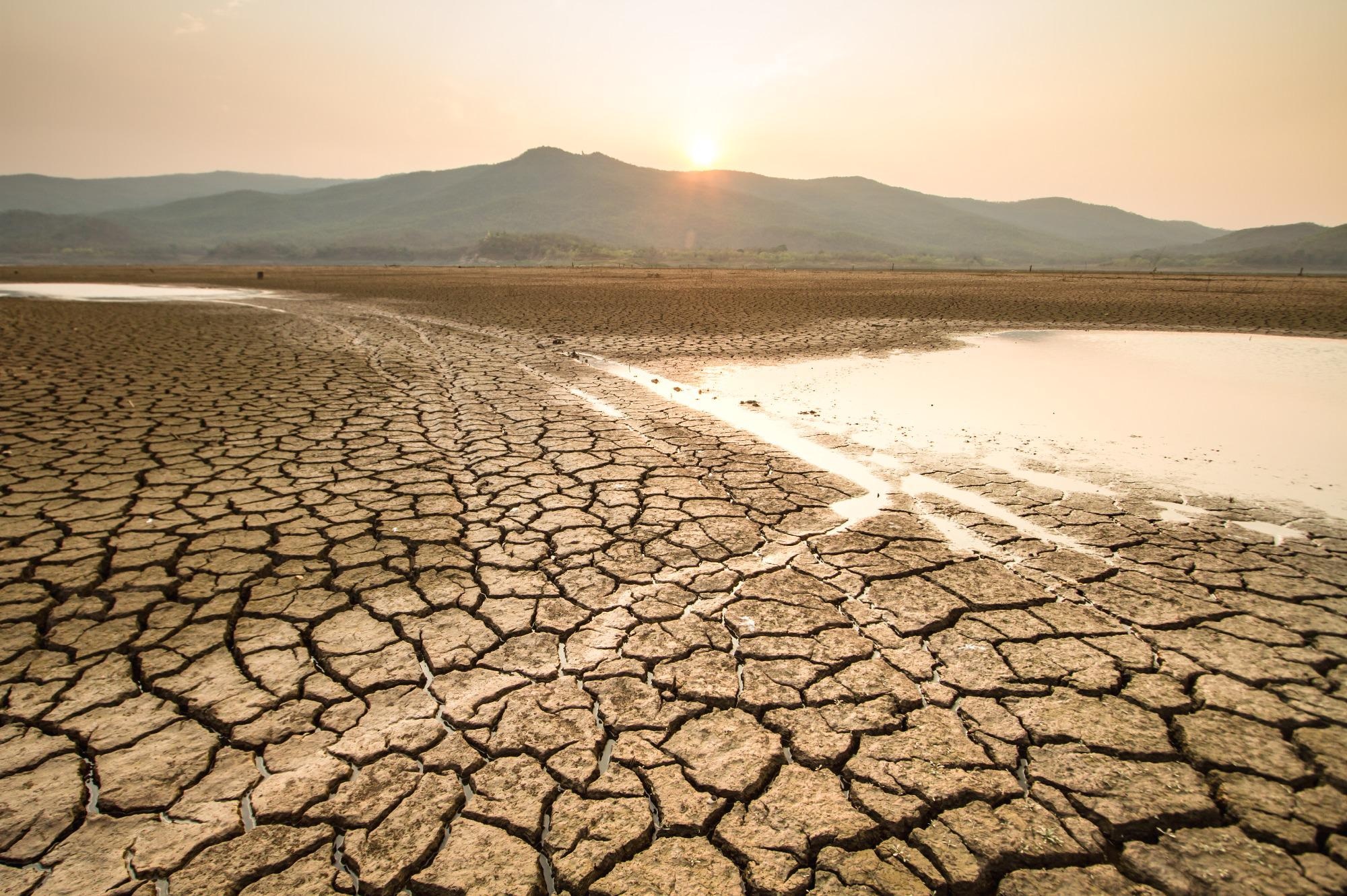Reviewed by Alex SmithSep 27 2021
An international research team guided by Prof. Wim Thiery of the Vrije Universiteit Brussel (VUB) research group BCLIMATE reveals that children are to endure disproportionate increases in extreme event exposure during their lifetimes, particularly in low-income nations.

Image Credit: SHutterstock.com/ Piyaset
Under the present climate policy, newborns worldwide will, on average, have to endure seven times as many scorching heatwaves in their lifetimes than their grandparents. Furthermore, they will, on average, have to live through 2.8 times as many river floods, 2.6 times more droughts, nearly three times as many crop failures and twice the number of wildfires as people born six decades ago.
Our results highlight a severe threat to the safety of young generations and call for drastic emission reductions to safeguard their future.
Prof. Wim Thiery, Study Lead Author and Climate Scientist, VUB
The Fridays for Future movement led by the youth of the world has significantly raised awareness around the significance of climate change mitigation for future generations. Besides protest marches and school strikes, governments are also being sued by young people nowadays, for instance, for violating their basic rights under the United Nations Committee on the Rights of the Child.
First Study to Bridge Climate Science and Demography
Scientifically, characteristics of climate change like heatwaves or droughts are repeatedly studied by comparing discrete levels of warming or different time windows. However, this ruling paradigm in climate and impact studies has thus far not quantified how younger generations will endure a different climate change affliction. Existing research thus inefficiently grasps how the climate change affliction varies across countries and generations.
Bridging the gap between demography and climate science, the international study team recently quantified lifetime exposure to heatwaves, droughts, crop failures, tropical cyclones, river floods and wildfires for the first time.
They calculated lifetime exposure for every generation born between 1960 and 2020, and they did it for all the countries around the globe and for every global warming scenario between current 1 °C and 3.5 °C above the pre-industrial era.
Accordingly, the team produced an extraordinary collection of climate change impact simulations and integrated these with future trajectories of global temperature and demographic data on population density, life expectancy and cohort size.
The results reveal that for a 3 °C global warming pathway, a 6-year-old in 2020 will experience three times more river floods, two times as many tropical cyclones and wildfires, five times more droughts, four times more crop failures and 36 times more heatwaves relative to a reference person living under pre-industrial climate scenarios.
Under a 3.5°C warming framework, children born in 2020 will even have to endure 44 times more heatwaves. At and above 1.5 °C of warming, lifetime exposure to heatwaves, droughts, crop failures and river floods for people born after 1980 is unrivaled by pre-industrial climate conditions.
“This basically means that people younger than 40 today will live an unprecedented life even under the most stringent climate change mitigation scenarios,” says Thiery.
Regional Differences
Within these global numbers, important regional variations can be deduced. Young generations in low-income nations will have to endure by far the strongest increases with a more than five-fold increase in total lifetime extreme event exposure.
In Central Asia and Europe, 53 million children born since 2016 will face about four times more extreme climate conditions under present pledges, 172 million children of the same age in sub-Saharan Africa will have to endure nearly a six-fold increase in lifetime extreme event exposure, and even 50 times more heatwaves.
The combined rapid growth in population and lifetime extreme event exposure highlights a disproportionate climate change burden for young generations in the Global South. And we even have strong reasons to think that our calculations underestimate the actual increases that young people will face.
Prof. Wim Thiery, Study Lead Author and Climate Scientist, VUB
Youth Summit and COP26
Thanks to the UNFCCC Youth Summit held between September 28 and 30 in Milan, and the upcoming COP26 in Glasgow by end of October, international climate discussions are gaining pivotal momentum.
Limiting global warming to 1.5°C instead of following current policy pledges substantially reduces the intergenerational burden for extreme heatwaves, wildfires, crop failures, droughts, tropical cyclones, and river floods. The results of the study published in Science and the accompanying report curated by the NGO Save The Children, therefore, highlight the utmost need to ramp up ambitions and embark on immediate action.
Prof. Joeri Rogelj, Study Co-Author and Climate Change Expert, Imperial College London
“Our results underline the sheer importance of the Paris Agreement to protect young generations around the world. If we manage to drastically reduce our emissions in the coming years, we can still avoid the worst consequences for children worldwide,” added Prof. Thiery.
Prof. Thiery concluded, “At the same time, a sobering message for the youth in low-income countries emerges, where incredibly challenging extreme events are robustly projected, even under the most stringent of climate action futures.”
Journal Reference:
Thiery, W., et al. (2021) Intergenerational inequities in exposure to climate extremes. Science. doi.org/10.1126/science.abi7339.